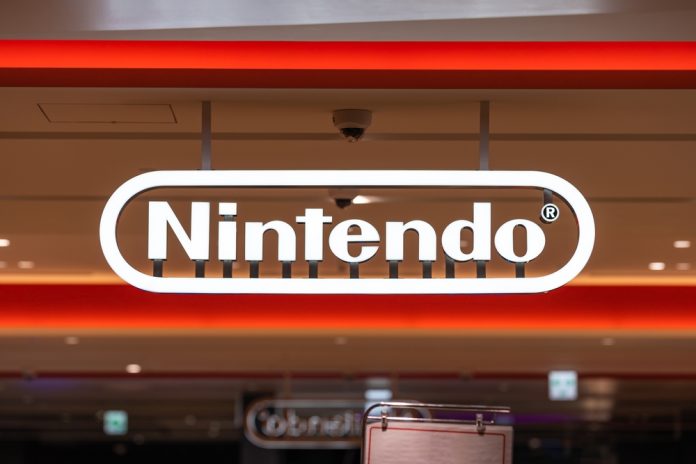Nintendo has announced the second iteration of its Nintendo Switch Online Playtest Program, expanding what appears to be a secretive gaming experiment that has captured the attention of the gaming community worldwide. The program represents a significant scaling of Nintendo’s testing operations, with the company seeking up to 40,000 participants compared to the 10,000 who participated in the mysterious October trial.
The gaming giant’s approach to this testing program has generated considerable speculation within the industry, particularly given the company’s strict confidentiality requirements and the limited information provided about the project’s nature. Previous participants were bound by non-disclosure agreements, though leaks suggested the testing involved some form of massively multiplayer online gaming experience.
The expansion of the program indicates Nintendo’s commitment to developing what could be a major new gaming initiative, potentially representing a significant departure from the company’s traditional single-player and local multiplayer focus.
Nintendo expands global testing infrastructure
The playtest program opens applications to users across ten countries, including Japan, the United States, United Kingdom, France, Germany, Italy, Spain, Canada, Brazil, and Mexico. Participants must maintain active Nintendo Switch Online + Expansion Pack memberships and be at least 18 years old, reflecting the program’s focus on adult gaming demographics.
The application process accommodates both individual participants and groups of up to four people, though Nintendo emphasizes that group applications do not increase selection chances. The company has implemented different selection methods based on geographic location, with Japanese applicants subject to a raffle system while international participants are selected on a first-come, first-served basis.
The global scope of the testing program suggests Nintendo is developing a service or game with international appeal, requiring diverse user feedback from multiple markets and cultural contexts. The age restriction and premium membership requirements indicate the project targets Nintendo’s most engaged adult audience.
Gaming industry speculates about project details
The secretive nature of Nintendo’s testing program has sparked widespread speculation about the company’s development priorities and potential new gaming initiatives. Industry observers note that Nintendo’s traditional focus on family-friendly, single-player experiences makes the rumored MMO-style gameplay particularly intriguing.
The four-fold increase in participant numbers from the previous test suggests Nintendo has made significant progress on whatever project is being evaluated. The expanded testing capacity indicates the company is moving toward broader implementation phases, potentially approaching a public reveal or release timeline.
Gaming industry analysts have noted that Nintendo’s entry into online multiplayer gaming could represent a strategic response to competitor offerings from Sony and Microsoft, which have established strong online gaming ecosystems. The company’s approach to testing suggests a measured evaluation of market reception before committing to full-scale development.
Application process reveals Nintendo ambitions
The application window spans from July 18 through July 21, with the actual playtest running from July 28 through August 10. This timeline suggests Nintendo is operating on an aggressive development schedule, with rapid iteration between testing phases and implementation of user feedback.
The company’s willingness to allow previous participants to join the second round indicates satisfaction with initial results while recognizing the value of experienced testers who understand the confidentiality requirements. The continuity between testing phases suggests Nintendo is refining rather than completely redesigning the underlying experience.
The international scope and substantial participant numbers indicate Nintendo views this project as potentially transformative for its gaming platform. The company’s investment in comprehensive testing infrastructure suggests significant resources are being allocated to ensure successful implementation.
Nintendo maintains development secrecy
Nintendo’s strict confidentiality requirements reflect the company’s traditional approach to product development, where projects remain secret until official announcements. The non-disclosure agreements binding participants demonstrate the strategic importance Nintendo places on this particular initiative.
The gaming company’s decision to expand testing while maintaining secrecy suggests the project has moved beyond experimental phases into serious development consideration. The substantial increase in participant numbers indicates Nintendo is confident enough in the concept to invest in large-scale user feedback collection.
The playtest program represents Nintendo’s recognition that modern gaming development requires extensive user input, particularly for online experiences that depend on community engagement and social interaction dynamics.
